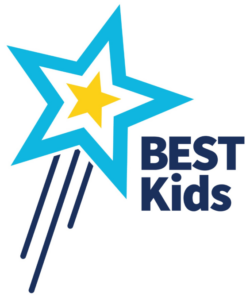
Established in 2001, BEST Kids provides group and one-on-one mentoring, educational and career programming to foster and at-risk youth. “We aim to ensure that every young person in foster care is meaningfully connected to positive adults and feels confident and valued. We guide our youth in developing the skills needed to achieve success as adults, while also addressing systemic challenges that perpetuate the need for foster care in our community.” BEST Kids provides group and one-on one mentoring, educational and career programming to nearly 120 mostly Black and Latinx foster and at-risk youth in Wards 5, 7 and 8 of the District of Columbia each year. The majority are of middle and high school age, although they also work with elementary-aged youth. Best Kids uses evidence-based intervention to integrate mental health literacy, well-being, and self-advocacy. Staff have professional training, expertise and experience in mental health to help youth develop coping strategies and resilience-building skills, fostering emotional and mental health well-being that can reduce the risk of substance abuse or other behavioral health issues.

First Generation College Bound, Inc. (FGCB) exists to inspire low-income and first-generation youth to achieve social and economic success by providing advice, encouragement, and support to obtain a college degree.
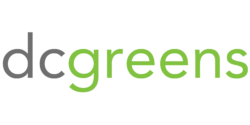
The mission of DC Greens is to advance health equity by building a just and resilient food system.
“Founded in 2009, we work to create cross-sector collaborations, advance equitable, city-wide policy
solutions, and partner with local residents, advocates, and organizations to improve access to quality, affordable, healthy food in the nation’s capital.”
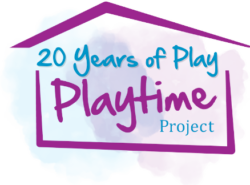
Playtime Project’s mission is to cultivate resilience in children experiencing family housing insecurity by providing and expanding access to transformative play experiences. Playtime’s vision is to break the cycle of chronic family homelessness.
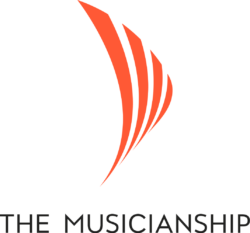
The MusicianShip’s (TMS) mission is to empower youth and emerging musicians from historically
marginalized communities throughout the DC metropolitan region and beyond by providing free music
education and enrichment programs that build skills and amplify talents, resulting in positive lifechanging outcomes. TMS envisions a future where all young people have access to the joy and opportunities made possible by the transformational power of music.
 Founded in 2005, Open City Advocates (OCA) provides mentoring and legal representation for children and youth in the juvenile justice system after sentencing. Their mission is twofold: helping clients prepare to reintegrate successfully into their families and communities, while also fighting for a fair and compassionate justice system. Its clients are youth that are committed to the Department of Youth Rehabilitation Services (DYRS), and are thus wards of the city, or those incarcerated. OCA’s work focuses on what happens to youth post-sentencing. OCA’s successful class action litigation ensures that youth are entitled to legal counsel for many issues that arise during their time in custody. Their advocacy and mentoring assists the youth in accessing a host of rehabilitative opportunities – to continue their education, receive job training and the behavioral and health services they’re entitled to but were otherwise unaware of. OCA has the only program that combines post-disposition legal representation with holistic advocacy and mentoring, and it collaborates with a broad range of organizations focused on achieving systemic change. Examples include the Public Defender Service for DC, School Justice Project, Free Minds Book Club, and Georgetown Law’s Juvenile Justice Initiative.
Founded in 2005, Open City Advocates (OCA) provides mentoring and legal representation for children and youth in the juvenile justice system after sentencing. Their mission is twofold: helping clients prepare to reintegrate successfully into their families and communities, while also fighting for a fair and compassionate justice system. Its clients are youth that are committed to the Department of Youth Rehabilitation Services (DYRS), and are thus wards of the city, or those incarcerated. OCA’s work focuses on what happens to youth post-sentencing. OCA’s successful class action litigation ensures that youth are entitled to legal counsel for many issues that arise during their time in custody. Their advocacy and mentoring assists the youth in accessing a host of rehabilitative opportunities – to continue their education, receive job training and the behavioral and health services they’re entitled to but were otherwise unaware of. OCA has the only program that combines post-disposition legal representation with holistic advocacy and mentoring, and it collaborates with a broad range of organizations focused on achieving systemic change. Examples include the Public Defender Service for DC, School Justice Project, Free Minds Book Club, and Georgetown Law’s Juvenile Justice Initiative.
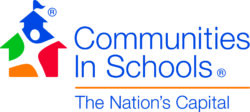
The mission of Communities In Schools of the Nation’s Capital (CIS) is to surround students with a community of support, empowering them to stay in school and achieve in life.
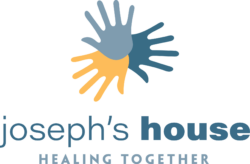
The Joseph’s House community provides and coordinates holistic care for homeless adults living with HIV/AIDS and terminal cancer, supporting them on their life’s journey by honoring dignity, offering companionship, and promoting justice.
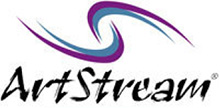
Through collaborative performance and lifelong learning opportunities, ArtStream enables people with intellectual and developmental disabilities to gain the skill and confidence to engage with the world.
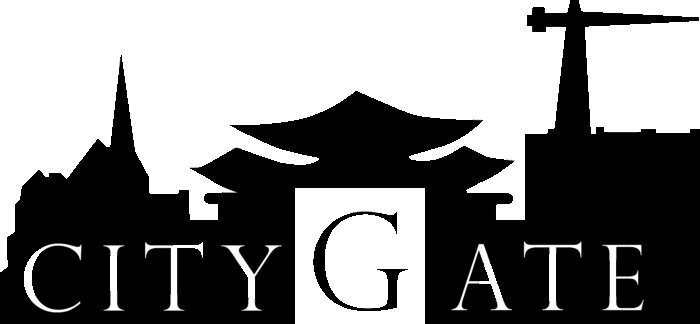
The mission of City Gate is to engage and empower at-risk youth and families impacted by poverty to access the resources and opportunities of the larger community. Since 2000, it has provided after-school and summer day-camp opportunities for students in grades K-12 in academics, social-emotional learning, life skills development, and off-site expeditionary learning. City Gate is expanding their “Gateway to Growth” program with the support of Impact100 DC funds. Gateway to Growth is a high-impact, out-of-school time, literacy intervention program targeting elementary school-aged students in DC’s Ward 8; all of the students attend Title I schools and come from families well below the average median income.
 The mission of Nature Forward is to inspire residents of the greater Washington, DC region to appreciate, understand, and protect their natural environment through outdoor experiences, education and advocacy. Their vision is to create a larger and more diverse community of people who treasure the natural world and work to preserve it.
The mission of Nature Forward is to inspire residents of the greater Washington, DC region to appreciate, understand, and protect their natural environment through outdoor experiences, education and advocacy. Their vision is to create a larger and more diverse community of people who treasure the natural world and work to preserve it.
The mission of The Urban Studio is to advance design thinking for equitable and sustainable urbanism, with a commitment to building climate resilient communities for everyone.
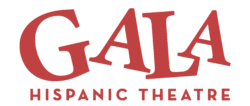
GALA (Grupo de Artistas Latino Americanos) Hispanic Theatre is a National Center for Latino Performing Arts in the nation’s capital that promotes ands shares Latino arts and culture with a diverse audience, creating work that speaks to communities today.
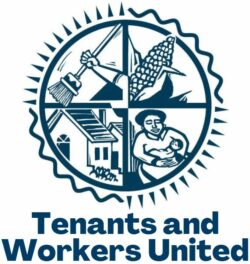
TWU’s mission is to organize low-income communities of color, build power, and help people become change agents who transform systems, advance social justice, and improve the quality of life across Northern Virginia.
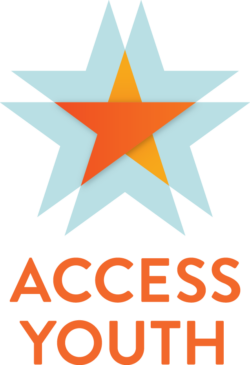
Access Youth’s mission is to empower vulnerable youth with the tools they need to stay in school, graduate on time and avoid the justice system, through mediation and restorative justice. More than 7000 students have participated in their school-based programs at Anacostia, Ballou, and Eastern and HD Woodson high schools and Kramer and Johnson Middle Schools. Two program managers per school build trusting relationships with students, enrolling them in 6th and 9th grade and continuing through graduation. These students statistically have higher rates of attendance, GPA and promotion rates than their peers. A truancy prevention program provides encouragement, motivation, and support for attending school, while a restorative justice program works on relationship building, goal setting, progress monitoring, and life skills development.